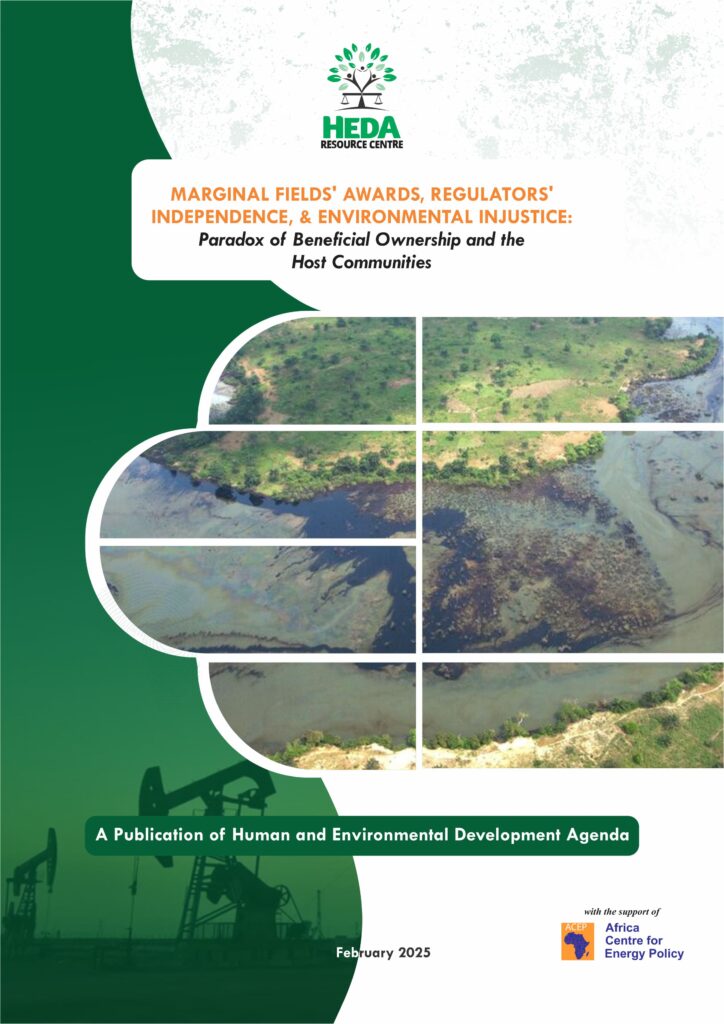The Human and Environmental Development Agenda (HEDA Resource Centre) is set to participate in the highly anticipated unveiling of the 2025 Seasonal Climate Prediction (SCP) by the Nigerian Meteorological Agency (NiMet) on Tuesday, February 4th, 2025. The event, themed ‘The Role of Early Warnings towards a Climate Resilient Aviation Industry for Sustainable Socio-Economic Development,’ promises to deliver critical insights into Nigeria’s climatic future.
Whereas the NiMet’s SCP is critical for the smooth running of the aviation sector, it is important to note that it is even more critical for other sectors such as agriculture, health, environment, construction, transportation, and maritime etc. Moreover, due to the climate-dependent nature of agriculture in Nigeria and Africa, timely and reliable climate forecasts are essential for food production and hunger eradication.
For years, HEDA Resource Centre has leveraged NiMet’s annual SCP to conduct downscale training for farmers across Nigeria. These trainings equip farmers with essential information on how and when to plant their crops to avoid losses due to adverse weather conditions, droughts, and floods. The SCP provides vital forecasts, including the onset and cessation dates of the rainy season, expected rainfall volume, and temperature patterns, which are crucial for guiding agricultural practices and ensuring food security.
NiMet’s SCP is a comprehensive climate prediction document that not only benefits agriculture but also impacts various sectors such as aviation, disaster risk management, health, and water resources management. The socioeconomic implications of these forecasts highlight the importance of early warnings in adapting to climate change and building resilience.
In conclusion, HEDA commends the Director General/Chief |Executive Officer of NiMet, Prof. Charles Anosike and his entire team for the annual and timely release of climate data that are critical for food production, public health management and economic diversification.



